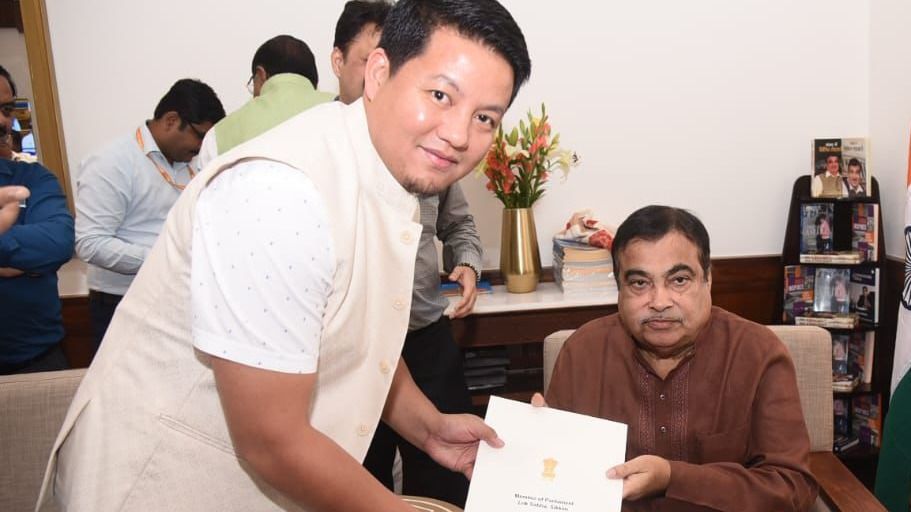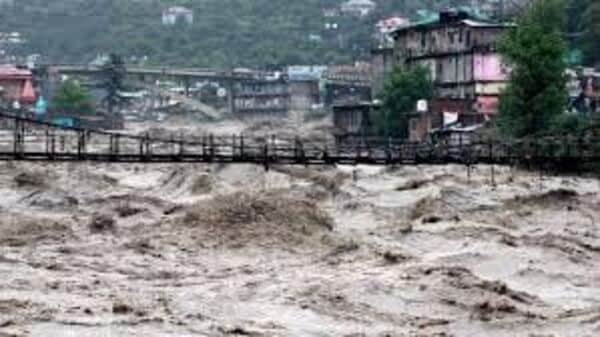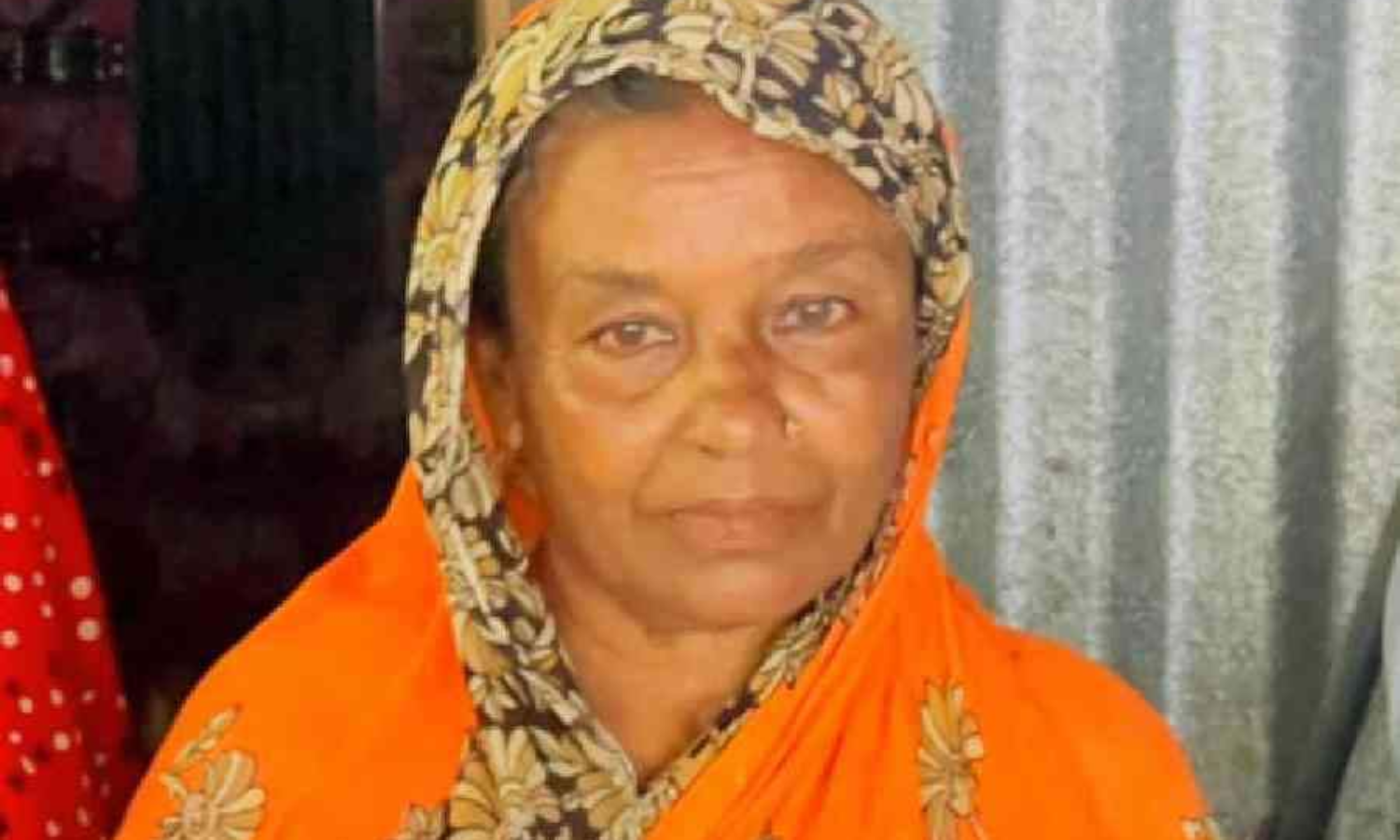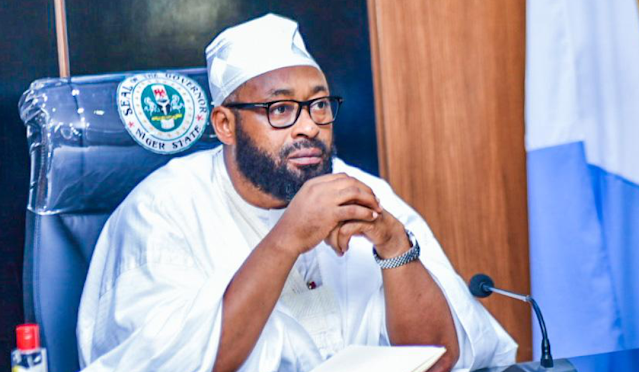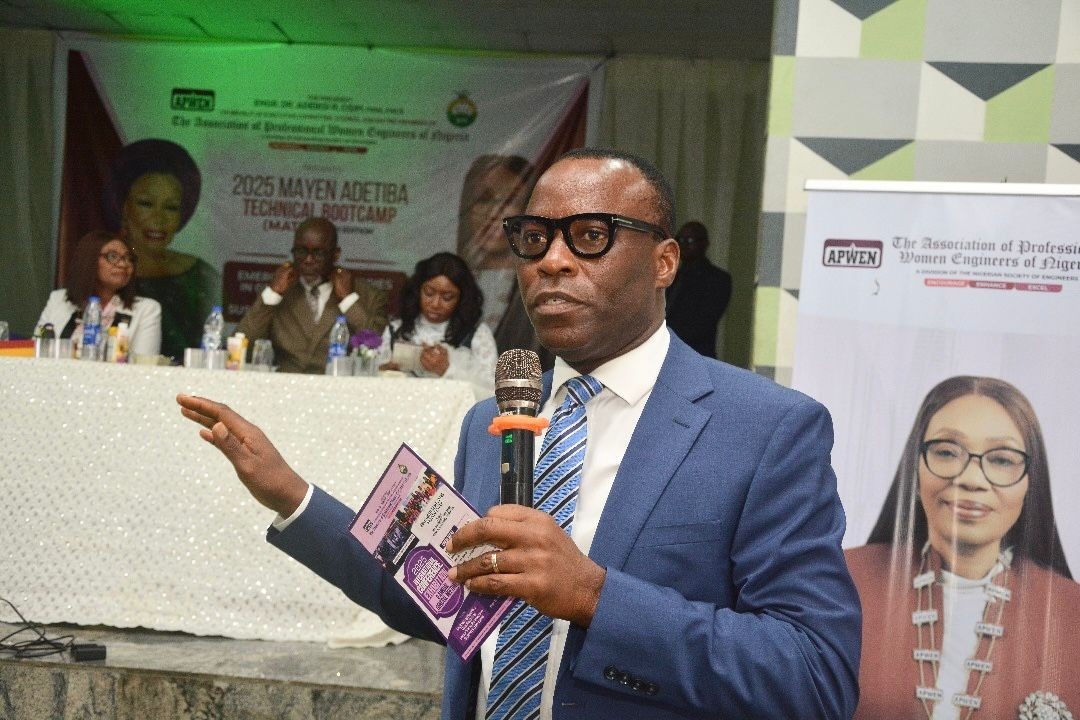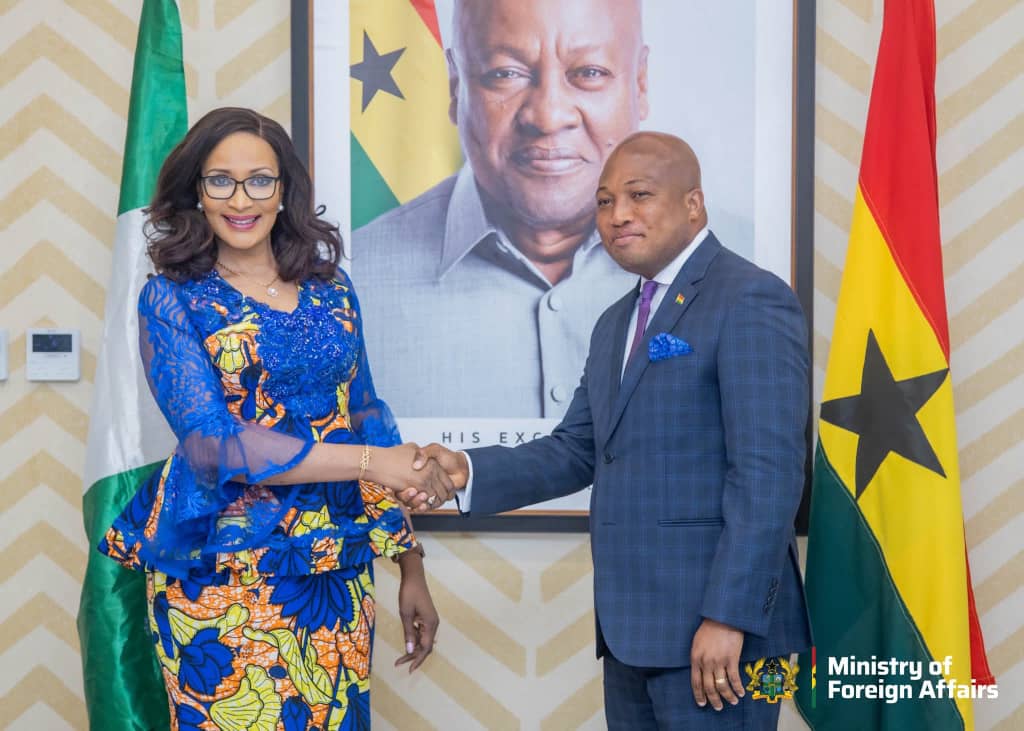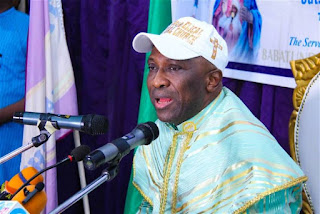Earlier, Modi was scheduled to attend the golden jubilee celebrations of Sikkim’s statehood, but bad weather forced him to cancel his trip to Gangtok. Instead, he participated virtually from Bagdogra and assured the people of Sikkim that he would visit the state later in the year.
In Alipurduar, Prime Minister Modi laid the foundation stone for the City Gas Distribution (CGD) project. This ₹1,010 crore initiative will bring Piped Natural Gas (PNG) to over 2.5 lakh households and 100 commercial establishments across Alipurduar and Cooch Behar districts. The project also includes the installation of 19 CNG stations as part of the Union Government’s Minimum Work Program targets. This move is part of the government’s broader plan to boost infrastructure and provide clean energy to the region.
The political event that followed saw a significant turnout, with BJP workers from Alipurduar and other parts of North Bengal in attendance. Local BJP leaders, including MP Manoj Tiwari, district president Mithu Das, and others, were present on the stage as well. A large crowd gathered at the venue, and enthusiasm was evident among the general public, eager to hear the Prime Minister’s address.
However, security measures were heightened in the city ahead of the Prime Minister’s visit, with authorities ensuring stringent protocols were in place. Several teachers who had sought to meet the Prime Minister to address issues related to their employment were denied permission due to security and protocol reasons.
During his address at the political rally, Modi took sharp jabs at the ruling Trinamool Congress (TMC) government in West Bengal. He began by commenting on the violence in Murshidabad and Malda, alleging that the state government had been complicit in allowing such incidents to happen. He referred to the situation in Murshidabad as an example of the “brutality” of the state’s governance and said that such violence, including the destruction of Hindu homes and killings, was overlooked by local authorities.
Further criticizing the state government’s handling of law and order, Modi said, “In Bengal, women are living in insecurity, and lawlessness has become a norm under TMC’s rule.” He accused the state government of neglecting its responsibilities in maintaining peace and security for the common people.
Turning to the education sector, Modi remarked that the TMC government had ruined the state’s educational system. “The TMC government has destroyed the future of thousands of teachers and students in Bengal. The lack of teachers in schools has left countless children in rural areas in the dark,” he added. He expressed his concerns about the declining standards of education in the state and blamed the state government for the crisis.
Modi also highlighted the deteriorating state of tea gardens in North Bengal, where many estates were shutting down due to corruption and mismanagement. He pointed out that workers in these tea gardens were losing their livelihoods due to the government’s failure to act against corruption.
The Prime Minister also attacked the state government for stalling central government projects in Bengal, including the Pradhan Mantri Gramin Sadak Yojana, under which 4,000 kilometers of rural roads had been sanctioned but only a small fraction of the work had been completed. Modi stated, “16 central projects in Bengal, worth over ₹90,000 crore, are stuck because the state government has obstructed them. These projects include railways, highways, and hospitals—all of which are critical for the state’s development.”
He further criticized the Trinamool Congress for boycotting the recent NITI Aayog meeting in Delhi, where chief ministers from all states gathered to discuss national development. “Bengal’s absence in this important meeting proves that the state government’s focus is only on politics and not on the development of Bengal,” Modi said.
Regarding his visit to the region, the Prime Minister spoke about the importance of strengthening national security, particularly after the recent military operations in Pahalgam. Referring to the ongoing challenges posed by terrorism, Modi said, “The recent operations have sent a clear message to the enemies of India that our forces are capable of defending our borders and protecting our people. We will continue to take strong action against terrorism.”
With the 2024 assembly elections approaching in West Bengal, Modi’s speech had clear political overtones, urging voters to reject the TMC and bring about change. “The people of Bengal want liberation from appeasement, corruption, and the injustice being done by this government,” he concluded.
As the Prime Minister wrapped up his address, he reiterated his commitment to ensuring development and prosperity for the people of Bengal and promised to continue working closely with the state’s government to advance the region’s growth.



